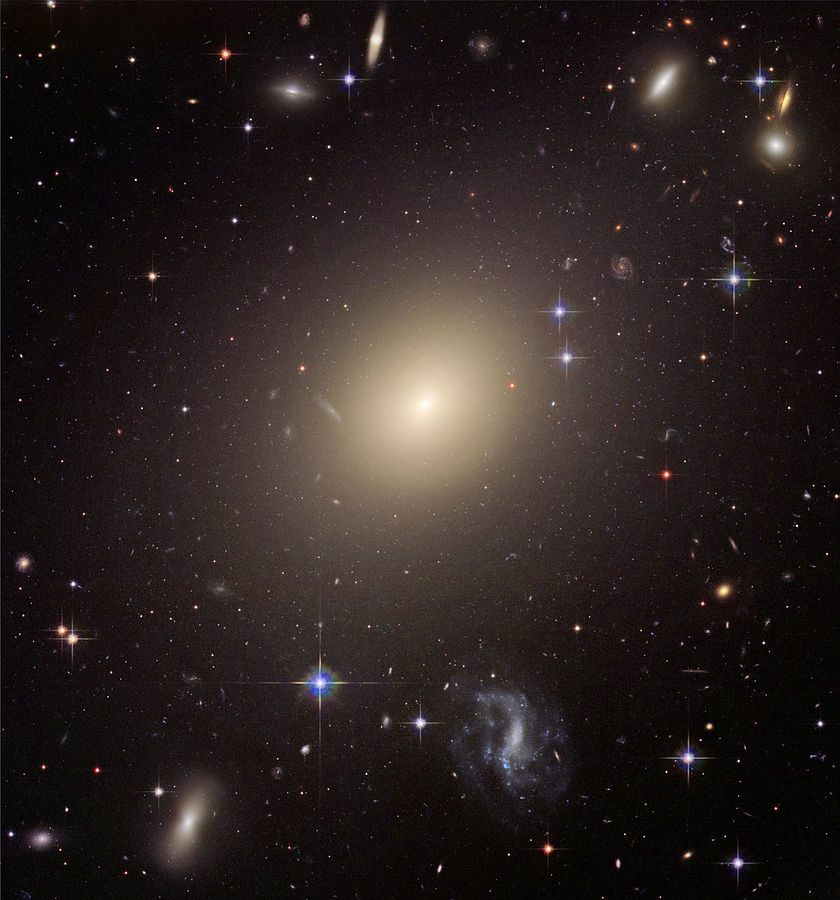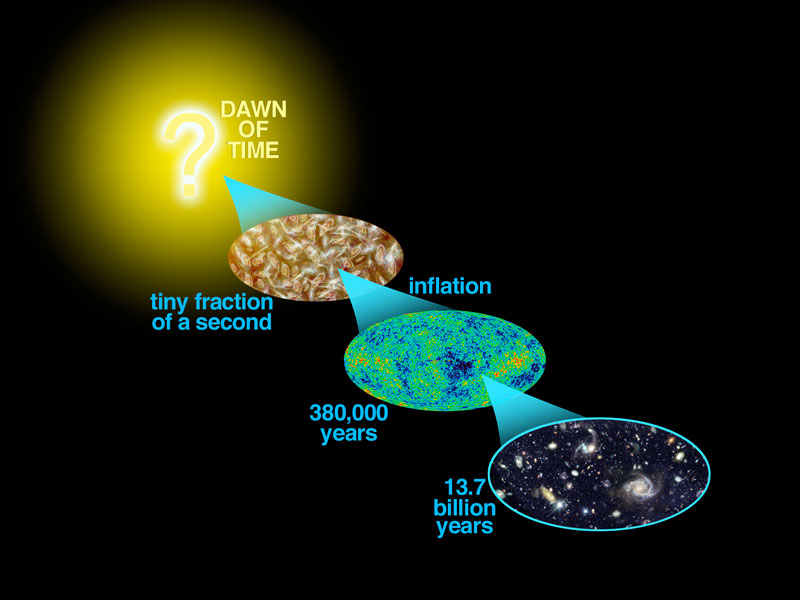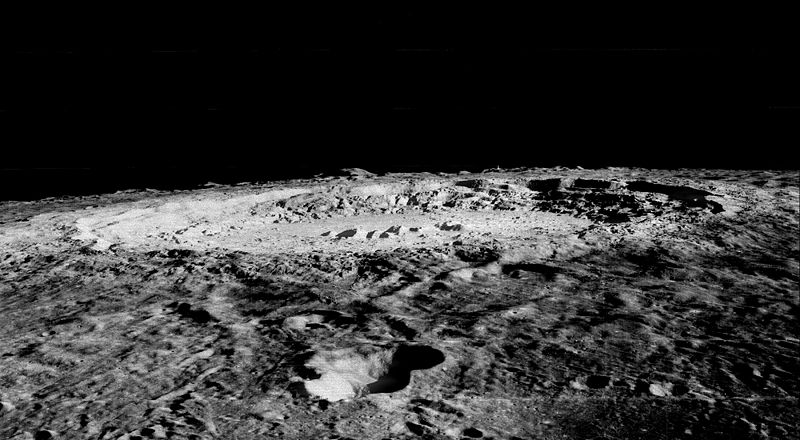Uniformitarianism versus catastrophism
Underlying the uniformitarian view is the belief is that natural laws and processes that operate in the universe now have always done so. Therefore, processes that are happening now can be used to explain past processes, such as how rocks are formed. This approach is evolutionary, one of slow, incremental changes (Encyclopaedia Britannica 2015).
The uniformitarian view of planet formation indicates that:
- gas and dust are attracted to each other;
- this cloud of gas and dust rotates causing it to fall to a plane;
- the gas and dust continue to rotate forming planets through the forces of gravity.

The giant elliptical galaxy ESO 325-G004. Image courtesy of NASA / public domain
The catastrophic approach is that the solar system formed from a one-off, never to be repeated event.
There was no gradual evolution of a steady state, simply one big explosion, blasting everything into the place it occupies to this day.
While catastrophes do occur on Earth (asteroid impacts, volcanic explosions etc.) causing changes, not all change is catastrophic.
Watch and listen to:
Theories of Geological Evolution: Catastrophism vs Uniformitarianism (7 minutes 10 seconds) for further discussion of the two theories. May require registration.
Impact crater on the surface of the moon
The Wilkinson Microwave Anisotropy Probe (WMAP) observes the first light of the universe - the afterglow of the Big Bang. This light, the cosmic microwave background, emerged 375,000 years after the Big Bang.
Patterns imprinted on this light encode the events that happened only a tiny fraction of a second after the Big Bang. In turn, the patterns are the seeds of the development of the structures of galaxies we now see billions of years after the Big Bang.

Cosmic history courtesy Nasa / WMAP Science Team
